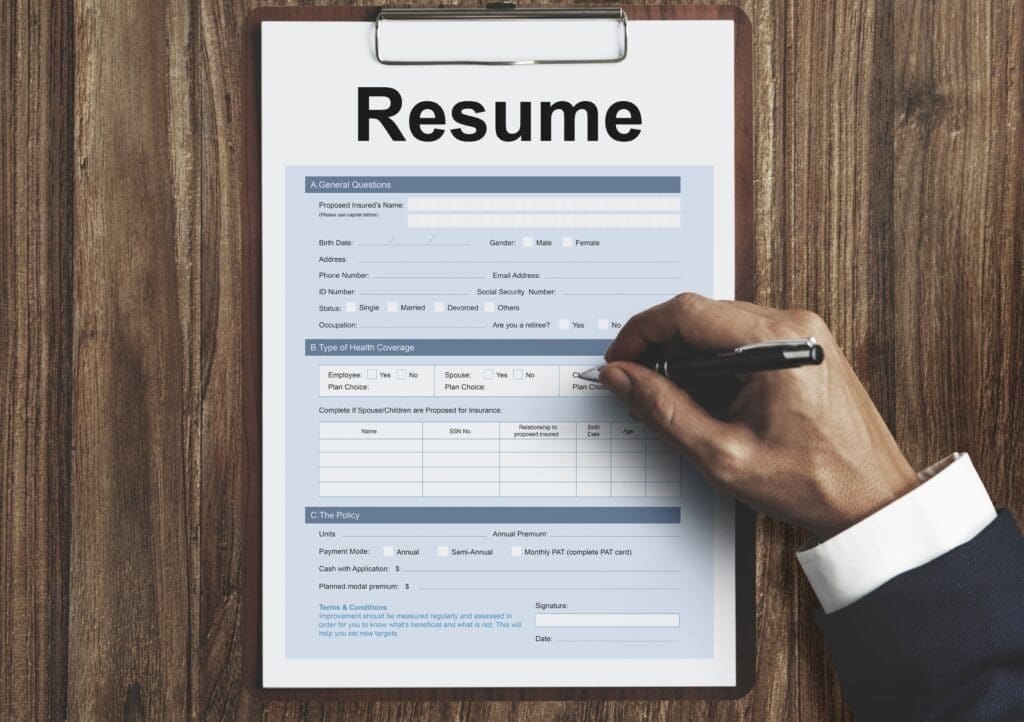Landing a job in the legal industry should be easy for a young lawyer, right?
According to the U.S. Bureau of Labor Statistics, the employment of lawyers will grow only by 4% by 2029.
This means that the projected growth might not be enough to employ every lawyer out there.
The price competition might lead law firms to continue reinventing their staffing practices. Jobs that were done by lawyers might be assigned to paralegals and legal assistants, or in the worst-case scenario, outsourced overseas. If you are willing to start this career, here you may check jobs for a junior lawyer.
So, how can a young lawyer navigate the industry and find a job in these shifting and uncertain times? By maximizing their opportunities which includes:
1. Make sure your resume checks out
A good and well-written legal resume is a necessity if you want to get noticed by a potential employer.
Since recruiters and employers usually quickly skim the resume before they even consider calling you for an interview, you should keep your resume short (a single page preferably).
You also need to think about the readability of your CV as well. Use bullet points, bold words, and headings to make everything look organized and easy to read.

Lastly, take advantage of action words (i.e., ensure, implement, negotiate) that not only help you sound more professional but are also useful in helping you stick out if your employer is checking for keywords in a document with an applicant tracking system.
2. Volunteer or get a temp job
The easiest way to find a job might be through volunteer work.
It can get you more experience you can list on your resume, and more importantly, volunteering will positively influence your network. If you have no experience, your best course of action would be to contact your school’s career services office.
However, a good alternative to volunteering that can help law graduates, as well as a young lawyer in between jobs, is enlisting the help of a temp agency.
We’re well aware you probably got bills to pay, so you might not be able to spend time volunteering. In this case, a temp job might be your best bet if you want to get your foot in the door.
A temp job will help you grow your contacts, meet new people, and in some scenarios even get you insider info on open positions, well before a job listing gets posted. Once you already know the people working in a firm, you will gain an advantage over your competition.
3. Spend extra time networking
Cultivating relationships can make a huge difference on your path to success. There is a big chance you will land your next job through your established connections.
One of the positive sides of increased interconnectivity is the fact that it made networking and staying in touch with colleagues significantly easier.
Take LinkedIn, for example. We recommend joining your law school alumni groups as this can ultimately lead to a valuable new connection that can help you get that job you always wanted.
Additionally, you can also look up your colleagues from school, see where they are employed, and ask them if their law firm has any available positions.
However, this doesn’t mean you should ignore offline networking just because social media is more convenient. You should consider joining local organizations and attending events to grow your network.
4. Pay attention to trends
Keeping track of in-demand areas of the law and positions being created due to new industry standards can help you improve your chances of getting hired.
Currently, the demand is the highest in the field of technology – a field that’s rapidly growing every day.
For instance, specializing in privacy and cybersecurity, IP, or becoming an expert in smart technology and its liability issues is a great way to stand out from the crowd.
Photo by Tima Miroshnichenko : Pexels
Alternatively, if technology isn’t to your liking, you can get into other in-demand practice areas such as elder law or cannabis law.
5. Broaden your search
Finding a job is easier when you’re not limited to a single geographical location.
According to Embroker, the highest salaries and the most job opportunities can be found in major cities on both coasts, such as San Francisco or Boston – but also come with more competition. Smaller places, on the other hand, have fewer opportunities and lower median income.
Weigh your options carefully and decide if the higher competition and more diversity in practice areas are worth the higher living costs.
6. Consider working remotely
If all else fails, technology also allows you to find work outside the traditional legal career path.
Multiple online platforms such as Legibly can help you find remote work that offers flexibility, as well as a chance to acquire more experience that can be used to land better jobs in the future.
For instance, you can become a freelance attorney, offer in-house counseling, or even spend most of your day writing legal documents.
No one said finding employment was going to be easy
Nonetheless, it doesn’t mean you should make your job hunt unnecessarily harder. All the steps outlined above will come together like nifty little puzzle pieces, giving you better chances of landing a new job.
The market is already saturated, and you have to do everything in your power to get noticed by an employer.
As a young lawyer, start right now by editing your resume and hitting up a colleague. Who knows, you already might be one step closer to doing what you always wanted to do – practicing law.
Featured Photo by Michael Burrows : Pexels




